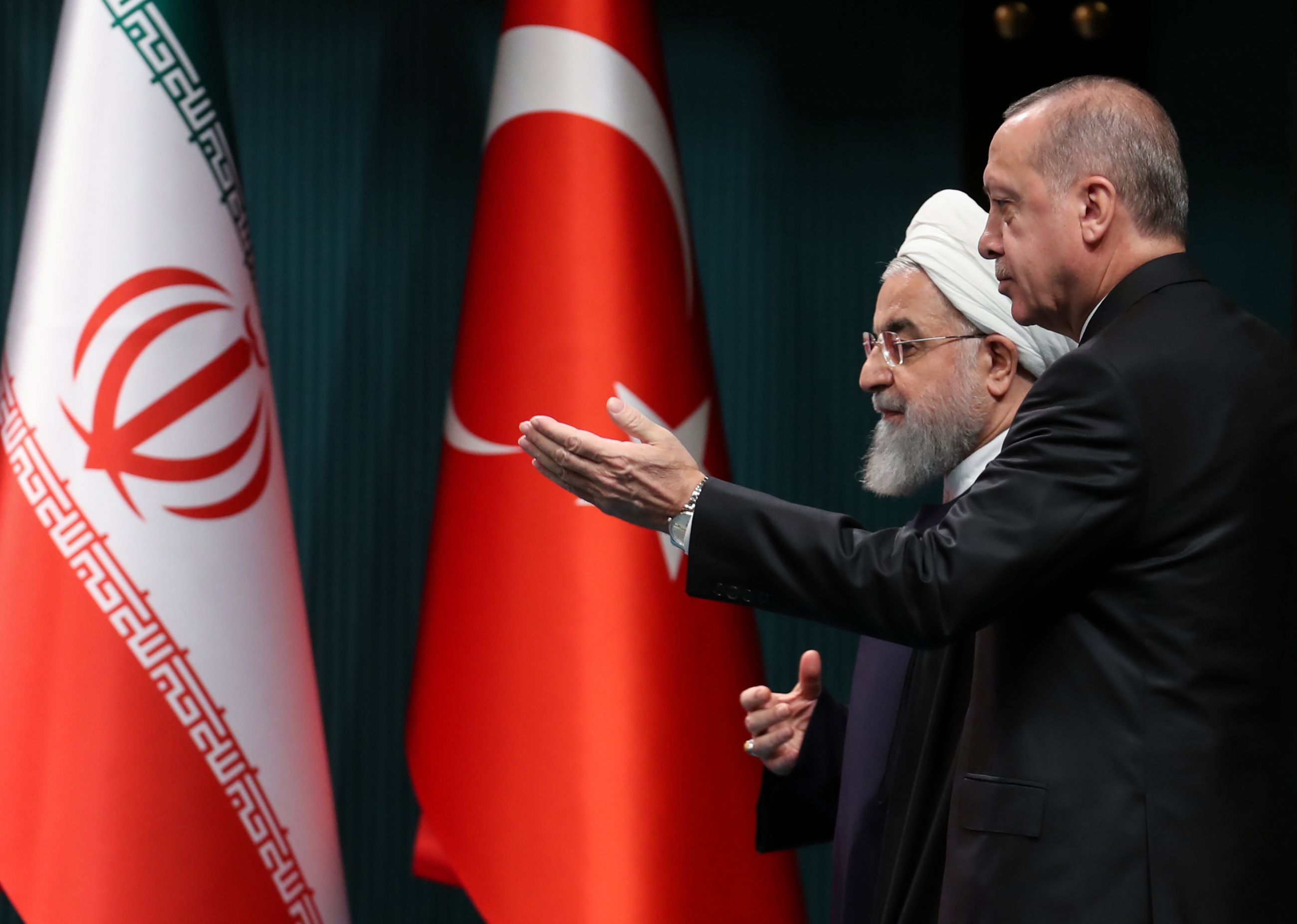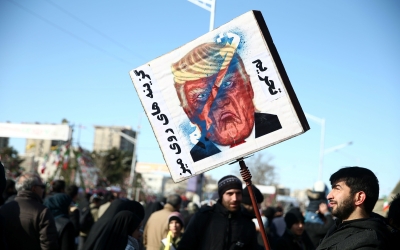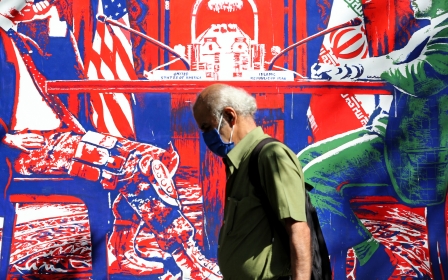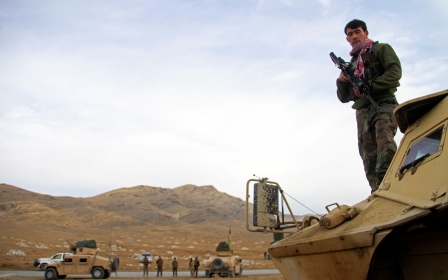Iranian press review: Tehran worried by Ankara's closer ties with Israel

Alarm over Turkey's expanding influence in region
Iran's concerns over Turkey's increasing influence in the Middle East and Central Asia have intensified after Turkish President Recep Tayyip Erdogan said his country would like to have better ties with Israel.
Iranian foreign policy experts have warned that Turkey is attempting to land another blow on Iran, a traditional rival in the region, by blatantly demonstrating its enthusiasm for restoring diplomatic relations with Israel.
"In rivalry with Iran, Turkey follows different strategies to reduce Iran's influence in Syria, Iraq and other countries, and that is the reason why it tries to bypass Iran in the region's new equation," Ali Bigdeli, an Iranian academic and analyst, told the Arman daily.
Ebtekar daily, under the headline “a dangerous normalisation," suggested that one of the most important drivers for Erdogan to restore ties with Israel was exerting pressure on Iran, a potential rival in Central Asia, Iraq, Syria and Lebanon.
In September, and before Ankara's green light for restoring ties with Tel Aviv, Turkey increased its presence in Central Asia by providing full political and military support to Baku in the latest phase of the Nagorno-Karabakh conflict between Azerbaijan and Armenia.
After the collapse of the Soviet Union, Iran had played the role of mediator between the warring countries, but Iran's influence in Central Asia waned and Turkey has become the region's new kingmaker.
Meanwhile, Iran's Fararu website said Ankara's competition with Tehran has not been limited to advancing its military and political relations with other countries in the region, adding that Turkey has also defeated Iran in economic competition by sending its first cargo train to China in November 2019.
On 4 December, Turkey's first freight train left Istanbul and after 12 days arrived at its destination, Xi'an in China. The train travelled 8,693km and crossed through Turkey, Georgia, Azerbaijan, Kazakhstan and China in a new trade route dubbed the Silk Road rail link.
Iran was also part of the initial plan for the railway, but Turkey eventually decided to bypass the Islamic Republic and reach China through its regional ally Azerbaijan.
"Now, not only Iran has no influence in policy making in the region, but it has also lost economic relations with its traditional allies like China," Fararu wrote, referring to Turkey's role in connecting China to Europe through railways.
Air pollution returns to Tehran
Since the beginning of autumn, a layer of thick smog has covered Tehran's sky, despite the closure of schools and a night-time curfew in the Iranian capital imposed by authorities as part of coronavirus measures, local media has reported.
Every winter, the residents of Tehran suffer a grave environmental crisis caused by heavy air pollution. A lack of wind and the cold air trap the pollution in the Iranian capital's atmosphere.
In previous years, authorities closed schools and allowed private cars onto the streets only on alternate days to reduce the air pollution in this city of over 10 million people. However, this year, despite coronavirus-related restrictions, Tehran has again faced high levels of air pollution.
Meanwhile, provincial authorities halted the activities of all factories manufacturing sand, asphalt, cement and concrete in the suburbs of Tehran to help reduce its air pollution, IRNA news agency reported.
According to experts, burning low-quality fuel oil in the capital's power plants and cement factories is the main source for this year's air pollution.
Outdated vehicles and low-quality petrol are other major causes of air pollution, which claims thousands of lives every year.
Last year, officials announced that the annual financial cost of air pollution to Tehran was estimated at about $2.6bn.
Prehistoric forests to disappear in 30 years
With the current pace of deforestation in northern Iran, the country's prehistoric forests will disappear in 30 years, experts and environmentalists have warned.
According to the Sabzineh daily, despite a 2017 law that banned even the removal of fallen, dead and dying trees from Hyrcanian forests, the rate of deforestation in Iran has risen sharply in recent years.
Hyrcanian forests stretch through three northern provinces of Iran, forming the only green belt in this arid country. They are registered on Unesco's World Heritage list and date back 25-50 million years.
Despite the global importance of these forests for their ecosystems and biodiversity, officials in Iran have not yet taken effective steps to protect them.
Illegal logging, overgrazing and illegal construction are some of the factors that have severely endangered the forests.
A report in August revealed that over 560,000 hectares of Iran's prehistoric forests have been cleared over the past 40 years. Based on that report, conservationists warned that the country's Hyrcanian forests would disappear in 70 years.
New reports have shown, however, that in 2020 timber smuggling in northern Iran increased 135 percent compared to last year, leading environmentalists to warn that at this rate, Iran's Hyrcanian forests would disappear in 30 years, much faster than what it was predicted, the Sabzineh daily reported.
Middle East Eye propose une couverture et une analyse indépendantes et incomparables du Moyen-Orient, de l’Afrique du Nord et d’autres régions du monde. Pour en savoir plus sur la reprise de ce contenu et les frais qui s’appliquent, veuillez remplir ce formulaire [en anglais]. Pour en savoir plus sur MEE, cliquez ici [en anglais].





